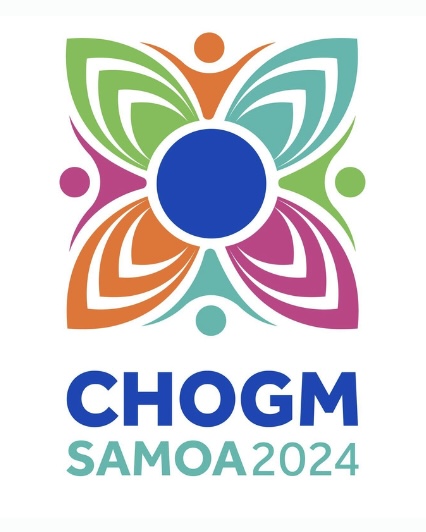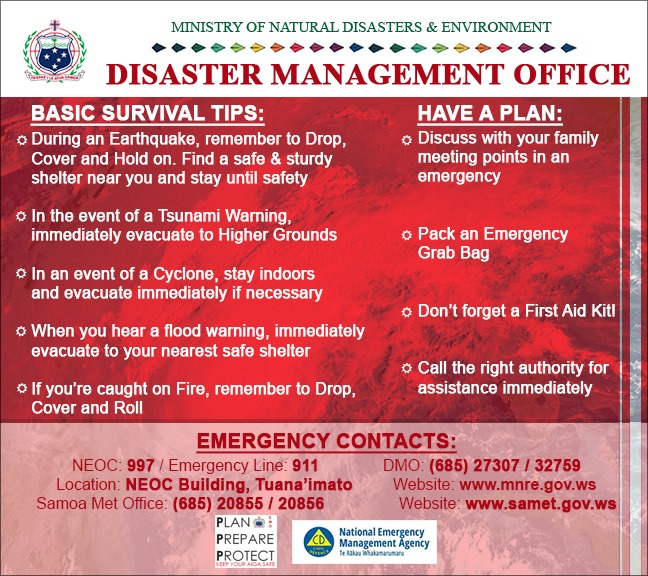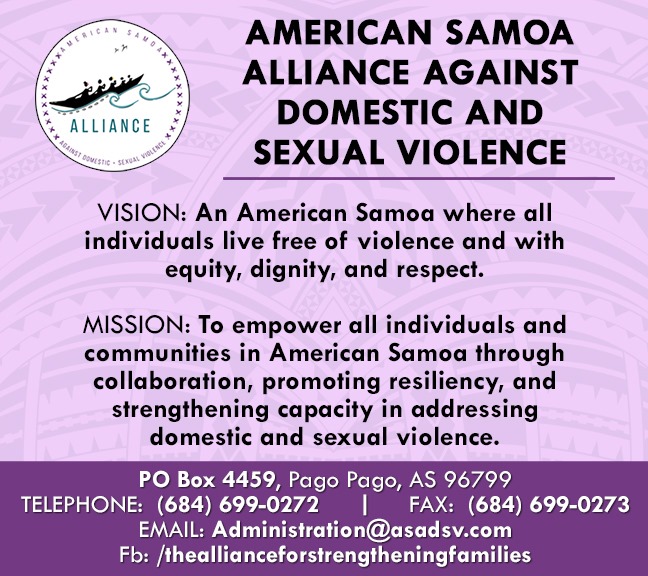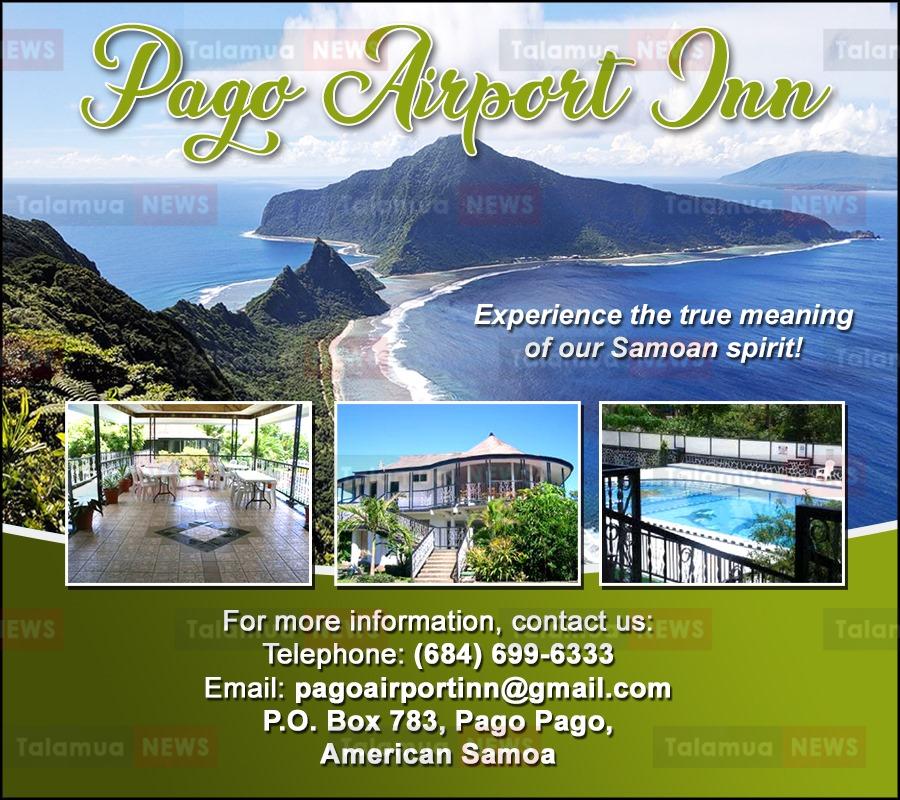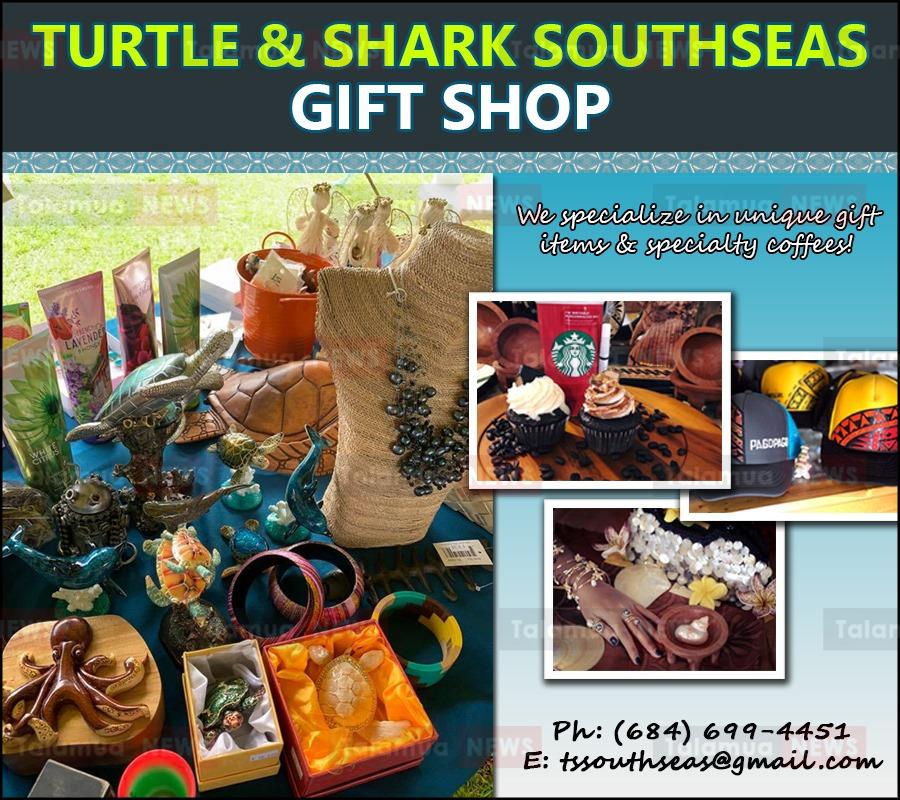Education
Monash University GIG Program explores if SDGs can be achieved by 2030
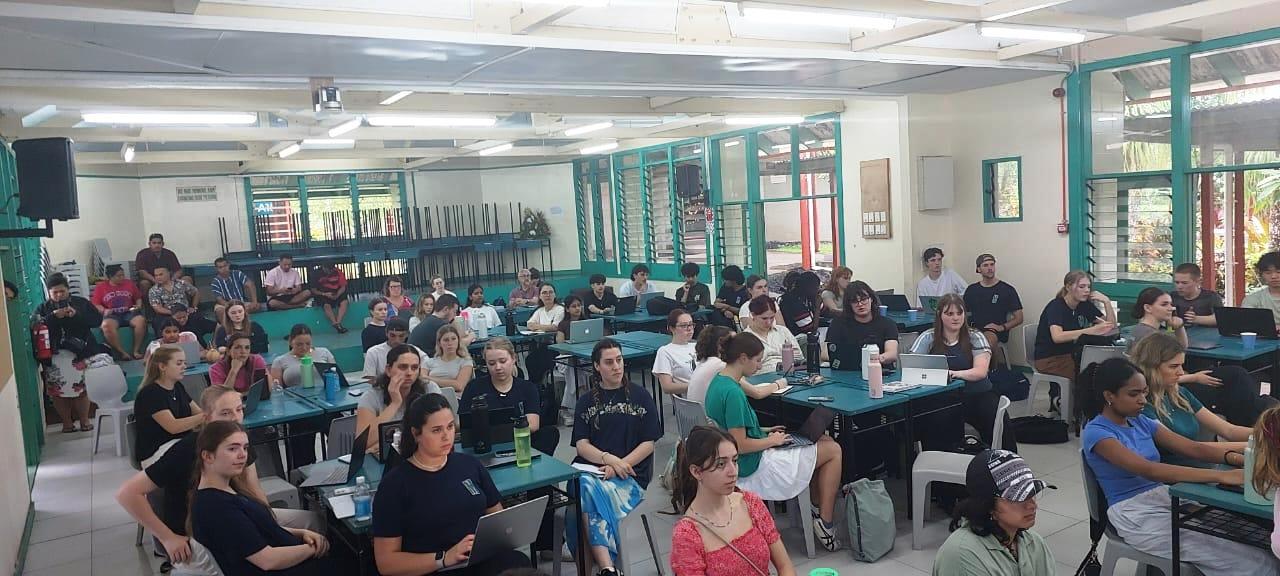
By Dwayne Mahimkar*
Apia, Samoa – 26 November 2024 – Part of the visit by the staff and students of Monash University GIG Initiative, explored the socio-cultural aspects of Samoa achieving certain Sustainable Development Goals.
The students visited the Samoa Recycling and Waste Management Association (SRWMA) site at Tafaigata to study waste management and recycling of non-renewable resources and how they are handled.
The discussions of their visit were held at the USP Samoa lecture room, where they reflected and shared what they had learnt or discovered at the site.
Jack Scott, one of the students of the visiting delegation, took a video of what appeared to be mounds of plastic and other rubbish at the site they visited.
He shared how the authority handles the huge amounts of waste that are from across the country, and they are from rubbish compartments from families; manufacturing companies; restaurants etc.

Some of the waste separated and packaged for recycling.
Students discussed issues occurring in these sites such as staff turnover, lack of funding and resources to work with the wastes, and most would end in landfills.
The students had to split up into their working groups and got to experience what it is like to study on a campus such as USP Samoa, with its pristine environment, and breathtaking views.
After a lunch break, it was then time for the local insight session of the day. The session focused on ‘Youth Activism in SDGs’, and comprised three presentations and a Q&A panel.
The first speaker was Samantha Kwan of Conservation International. Her presentation focused on the Guardians Programme.
It is a grassroots initiative where Indigenous learning, environmental conservation and its connection to ‘Fa’asamoa’ (Samoan way of life).
A video was presented to the audience of USP and Monash students combined, showcasing the activities undertaken by the programme.
Pauli Uitualagi Fetu Saili, owner of Lele Homestead, did a presentation on gender equality, and socio-economic issues in local business.
She is a part of the Samoa Women’s Association of Growers (SWAG), a non-profit organisation that promotes primary productions led by Samoan women, from rural areas.

Fetu Saili started her business as a dream from her mother, to help her sisters (Fetu’s aunties) secure food resources.
She shared her successes and struggles with running a business, such as employment and financing, whilst providing for her family and adapting to climate change.
The final presentation was by Doris Tulifau, the founder of Brown Girl Woke (BGW), a feminist organisation that addresses social injustices and human rights issues.
Doris’ presentation was a reality check on achieving the 17 SDGs of the United Nations (UN), particularly Goal #5 (Gender Equality).
She stated that by 2030 (the expected deadline when all countries meet the SDGs), most countries still have yet to achieve at least one or most of the goals.
According to Doris, it will take more time for all countries to practically achieve all the SDGs.

The presenters: Fetu Saili (SWAG), Doris Tulifau (BGW) & Samantha Kwan (Conservation International Samoa).
In her presentation, she gave a socio-cultural outlook of Samoa and she discussed the importance of addressing social issues such as gender-based violence, mental health, suicide and others, while also respecting traditional concepts.
Doris has been very outspoken on these issues and is never afraid to address the flaws within society, hence, the NGO was rarely invited to community-level events.
The questions from the students ranged from Indigenous learning to youth engagement to colonial influence and hangover.

Questions and Answers session.
On the fifth day of the Monash University GIG initiative in Samoa, the students learn about the culture by visiting some major cultural sites in Samoa.
The day started with a visit to the National University of Samoa (NUS) where Ta’iao Dr Matiu Matavai Tautunu, director of the Center of Samoan Studies, gave a briefing on what the centre does.
He covered the connection between culture and climate change in Samoa and shared the NUS Centre of Samoan Studies and the disciplines they cover; from history to culture and archaeology.

Ta’iao Dr. Matiu Matavai Tautunu, giving a lecture to the students of Monash University. (Photo by: Kerinina Leaupepe).
The director also gave some insight into the significance of the Ava ceremony, village and hierarchical structures, and more details about Samoan history and the people who have studied it.
- Dwayne Mahimkar is a USP Samoa First-year Communications and Media student



